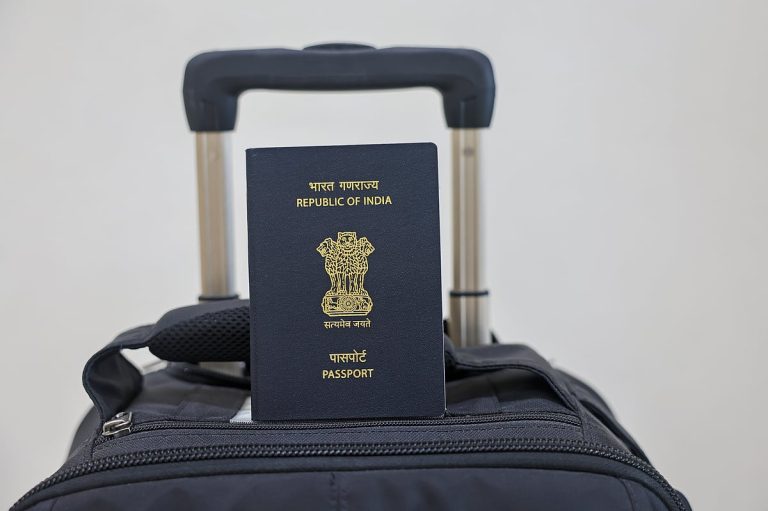Florida Man Rescued by Crane Due to Obesity Challenges
A dramatic rescue unfolded in Florida when a man weighing 272 kilograms required assistance to leave his second-floor apartment. Firefighters utilized a crane to safely lift him out, highlighting the serious health risks associated with extreme obesity. This incident serves as a reminder of the challenges faced by individuals with significant weight issues.
Health Risks of Obesity
Obesity can lead to various health complications, including life-threatening conditions such as thrombosis. Individuals who are significantly overweight may find themselves unable to move for extended periods, increasing their risk of serious medical issues. This Florida man’s situation underscores the importance of addressing obesity and its associated health risks.
Notable Cases of Extreme Obesity
This incident is not isolated. Khalid bin Mohsen Shaari, a Saudi citizen, once weighed 610 kilograms and required a forklift for his rescue. After receiving medical treatment, he has successfully lost 542 kilograms. Additionally, Jon Brower Minnoch, who was recognized as the heaviest man in the world, peaked at approximately 635 kilograms. These cases illustrate the severe challenges and interventions that can arise from extreme obesity.
FAQs
What led to the Florida man’s rescue?
The man required medical assistance due to complications from his weight, necessitating a crane to safely lift him from his second-floor apartment.
What are the health risks associated with obesity?
Obesity can lead to serious health issues, including heart disease, diabetes, and thrombosis, particularly for individuals who remain stationary for long periods.
How have others with extreme obesity been treated?
Individuals like Khalid bin Mohsen Shaari have undergone significant medical interventions, including weight loss surgeries and rehabilitation, leading to substantial weight loss and improved health outcomes.
Conclusion
The rescue of the Florida man by crane highlights the urgent need for awareness and intervention regarding obesity-related health issues. As society continues to confront the challenges of obesity, it is crucial to promote healthier lifestyles and provide support for those in need.
The incident in Florida not only sheds light on the immediate dangers associated with extreme obesity but also reflects broader societal issues regarding weight management and health care access. Obesity is a complex condition influenced by various factors, including genetics, environment, and lifestyle choices. Many individuals struggling with obesity face barriers to effective treatment, such as limited access to healthcare services, lack of support systems, and societal stigma. These challenges can hinder their ability to seek help and make necessary lifestyle changes.
In recent years, public health initiatives have aimed to address the obesity epidemic through education and community programs. These initiatives often focus on promoting healthier eating habits, increasing physical activity, and providing resources for mental health support. Schools, workplaces, and local governments have begun implementing policies designed to create healthier environments, such as improving access to nutritious foods and encouraging active transportation options. However, the effectiveness of these programs can vary widely, and ongoing efforts are needed to ensure that they reach those most in need.
The medical community continues to explore various treatment options for obesity, ranging from lifestyle interventions to surgical procedures. Weight loss surgeries, such as gastric bypass and sleeve gastrectomy, have shown promising results for many individuals with severe obesity, leading to significant weight loss and improvements in comorbid conditions. However, these procedures are not without risks and require a commitment to long-term lifestyle changes. Additionally, ongoing research into pharmacological treatments and behavioral therapies aims to provide more comprehensive solutions for managing obesity.
As the conversation around obesity evolves, it is essential to foster a compassionate understanding of the challenges faced by individuals affected by this condition. Public awareness campaigns can play a crucial role in reducing stigma and promoting empathy, encouraging individuals to seek help without fear of judgment. Ultimately, addressing the obesity crisis requires a multifaceted approach that combines individual responsibility with systemic changes in healthcare, education, and community support.
Also Read:
AI in Mental Health: Benefits and Risks Explored
Modi Calls for Compassion on World Mental Health Day
Understanding the Challenges of Being Benched in Relationshi






